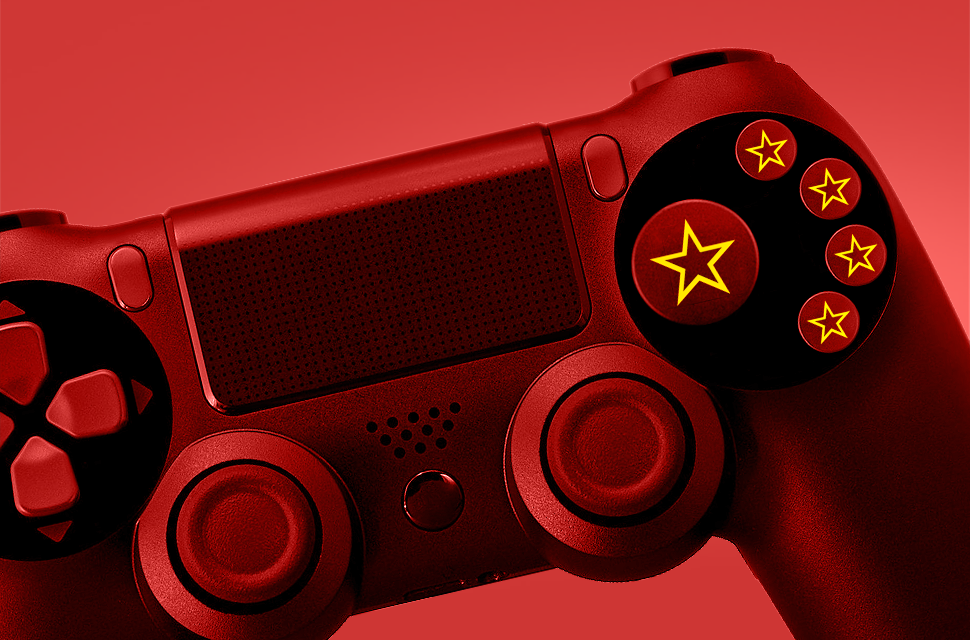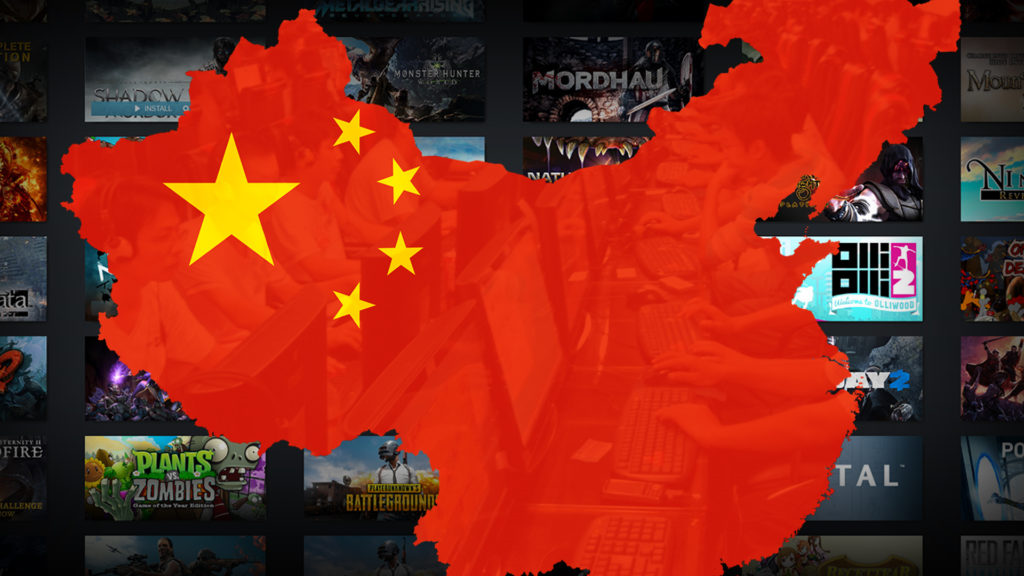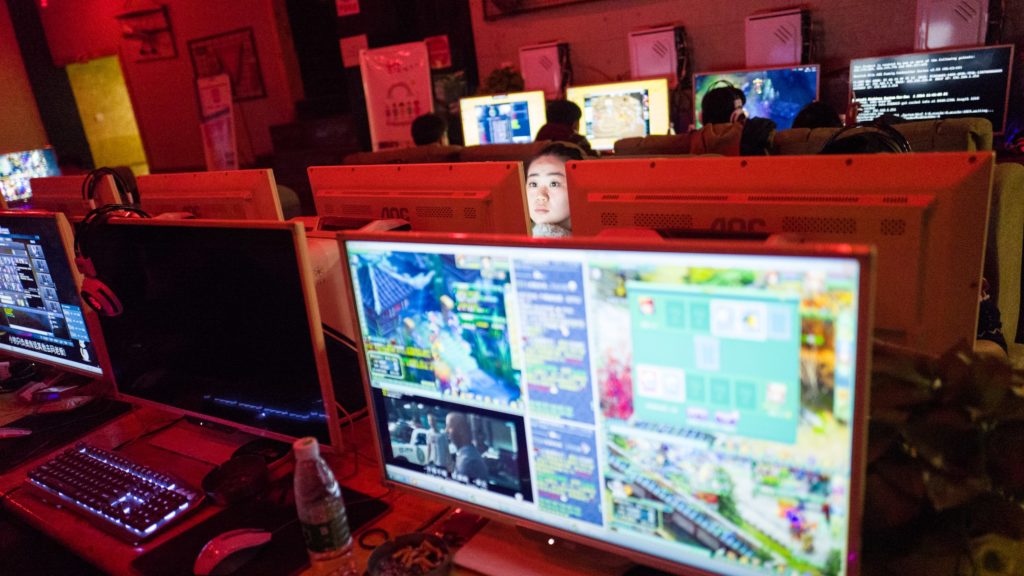Falko Becker, Senior Publishing Manager at JoyPac mobile publisher, spoke about the pitfalls of licensing Western games in China.

Becker’s material was published by GameAnalytics. App2Top.ru made a full translation.
Publishing Western games in China is a complex process. All issues of licensing games in China are solved by the State Administration of China for Press and Publications (SAPP). The approach of this regulator is most easily described by the phrase: “Quality is more important than quantity.” It allows only a limited number of developers to reach the market — those who create high-quality games that are safe for the Chinese user.
Recently, SAPP has repeatedly changed the rules for regulating games and will probably continue to change them. Therefore, now we will look at the whole process of issuing licenses in China and find out how to facilitate it.
So what has changed?
The content and style of the game are now regulated even more strictly.
All games with political content or violence are banned by SAPP. And if the regulator has to tighten the rules because of attempts to circumvent them – believe me, they will be tightened. For example, the latest amendments to the legislation forbade showing blood of any color. Previously, green or blue was allowed. Not anymore.
Western games will be evaluated even more closely.
There is a separate, more rigorous review process for Western games. You will need to submit to SAPP a complete business plan for the development of the game, and some of its points should be described in great detail. We will focus on them in the next section.
The number of licenses issued is limited…
Based on the number of monthly licenses issued, we estimated that China will now license a maximum of 5,000 games per year.
…but now more games need licenses.
Previously, casual games and titles without in-game purchases (for example, HTML5) did not need a license. But now they will have to get it too. However, these games are considered in a separate order and much faster.

What you will need for licensing
Before issuing you a license, SAPP will be interested in two things: how high-quality the game is and how it corresponds to the values of the Chinese market.
To make a decision, they will need your application with all the following information.
Proof of quality
- the history of the game: where it was first launched, what was its growth, where is it available now;
- what is the volume of its audience (approximately) and in which regions;
- how much the game earns per month (also approximately);
- how it was accepted in other countries. Any data about ratings, awards and places in national rankings will be useful.
Evidence of compliance
- age rating of the game;
- absolutely all the text from it, framed in a Word document. You should not miss a word that a player can read in dialogs, system messages, menus and item names.
Don’t rely on Google Translate.
You can find out about the latest changes introduced by the regulator from the Internet. But it’s certainly not that easy.
Chinese is translated into English inaccurately at best. If we are talking about a legal text where every word and every comma is important, machine translation creates difficulties. It’s not just the limitations of Google Translate. Even if there are many native Chinese speakers among your colleagues (for example, this is the case with us), they will certainly have a number of clarifying questions to SAPP.
For example:
- What aspects of the games can be considered “tasteless” from the point of view of the “key values of the socialist system”?
- Which Chinese phrase from the text translates as “other necessary situations” (and why is it so crooked)?
- What is a “demo video intro”? Is this an introductory cut scene or a demo video?
And ultimately, translating these rules into English and other Western languages will not help clarify the situation. After all, the rules refer to numerous legislative acts of the People’s Republic of China, which are difficult to understand from the first time.

Life hack: find a local partner with connections.
Despite all the difficulties of Chinese censorship, your chances of obtaining a license will significantly increase thanks to partnership with local companies. We need publishers who keep in touch with all important agencies, understand all changes in the licensing policy and will offer you the most transparent contract.
You must be completely confident in the contract you have signed with a local publisher. SAPP will not issue a license to games for which local individuals or legal entities do not have copyright. This means that you will need to transfer the copyright to your game to a Chinese publisher.
According to JoyPac, a profitable partnership can be achieved if the Chinese publisher is sufficiently informed about the local market — and at the same time has a representative office in the West.
Of course, you can find a Chinese partner with the best experts in Asia, but if there are language and cultural barriers and time zone differences between you, then working with him may become more complicated.
The opposite is also true: a superficial knowledge of the Chinese market will limit the publisher’s connections, since business in China is built on personal interaction. Taking into account all the administrative and legal difficulties, no one will help you like a publisher straight from Beijing, who knows the local culture and game dev from and to.
Ideal option:
- you are communicating with the Western representative office of your Chinese partner. It helps you throughout the licensing process, answers all your questions;
- it also guarantees that it will use all its connections and resources for a positive SAPP solution under your license;
- The Chinese office works directly with the Chinese authorities and operates the game after its release.

If everything is done correctly, the release in China will bring a huge income
Trying to publish in China is a worthwhile thing (and don’t you dare doubt it).
China has very quickly become the largest gaming market in the world. In 2018, mobile games alone accounted for more than 600 million players and revenue of $23 billion.
In addition, difficulties on the way to a license may even be beneficial to Western igrodelam. This is a huge market, and it is almost not covered by foreign developers. Some reject license applications; others cannot withstand the obstacles put up by the Chinese regulator; others do not even want to try.
And this means that if you do everything right and find the right partner, you will become one of the few who will have the right to publish in China. And this is literally a gold mine.
Also on the topic:
